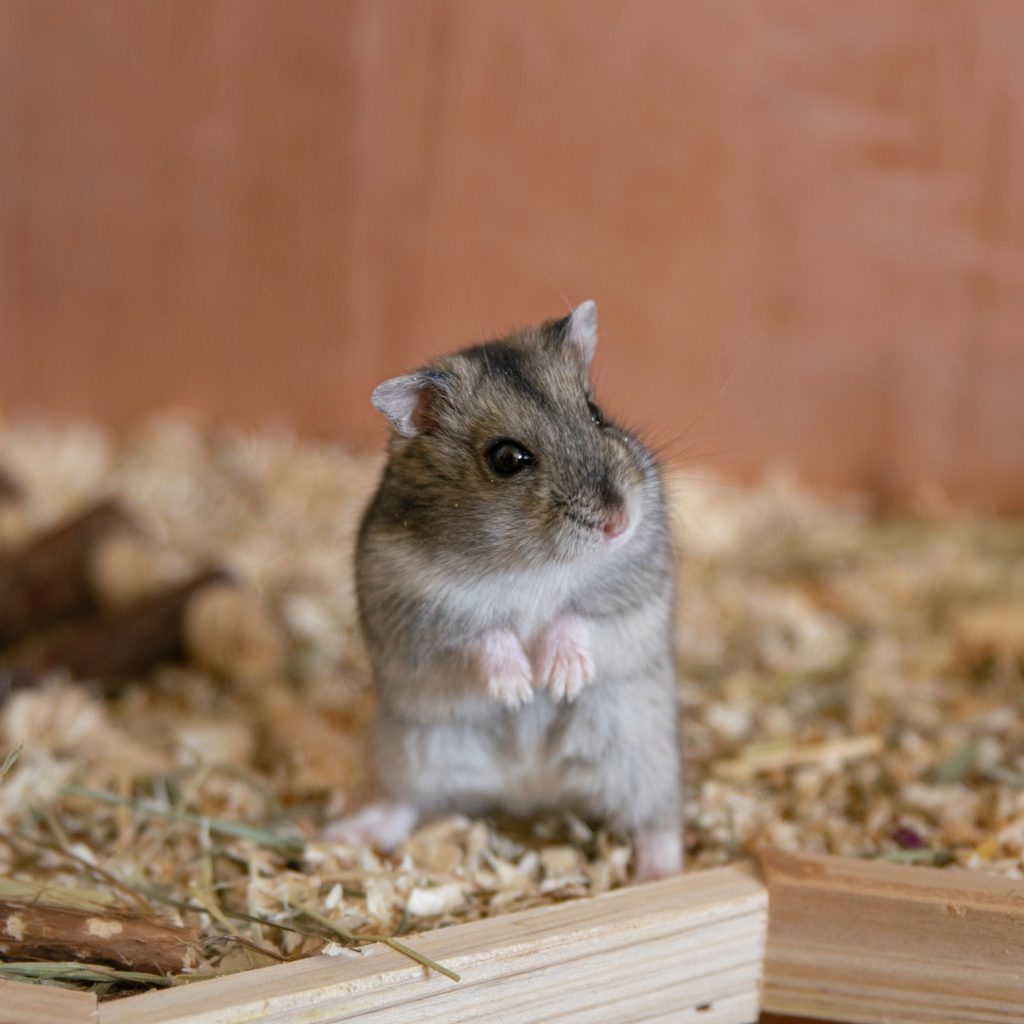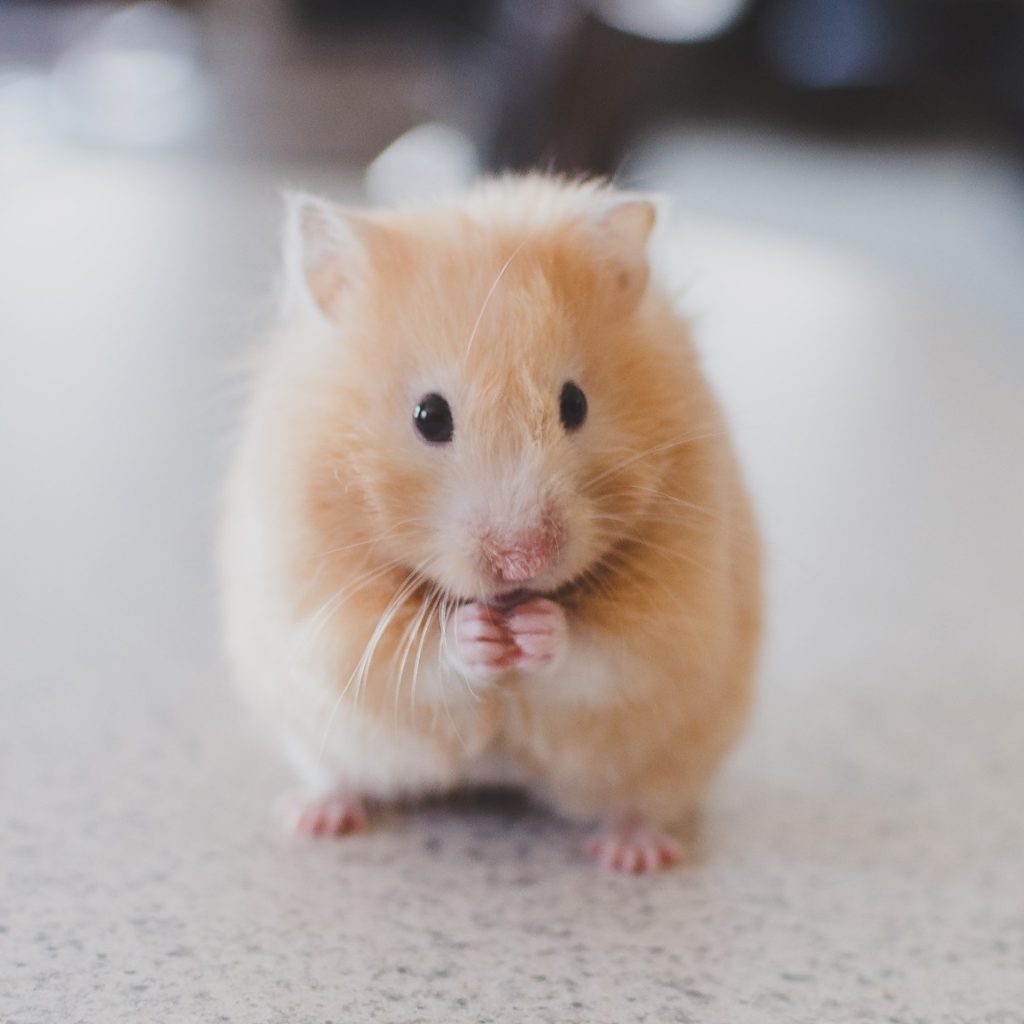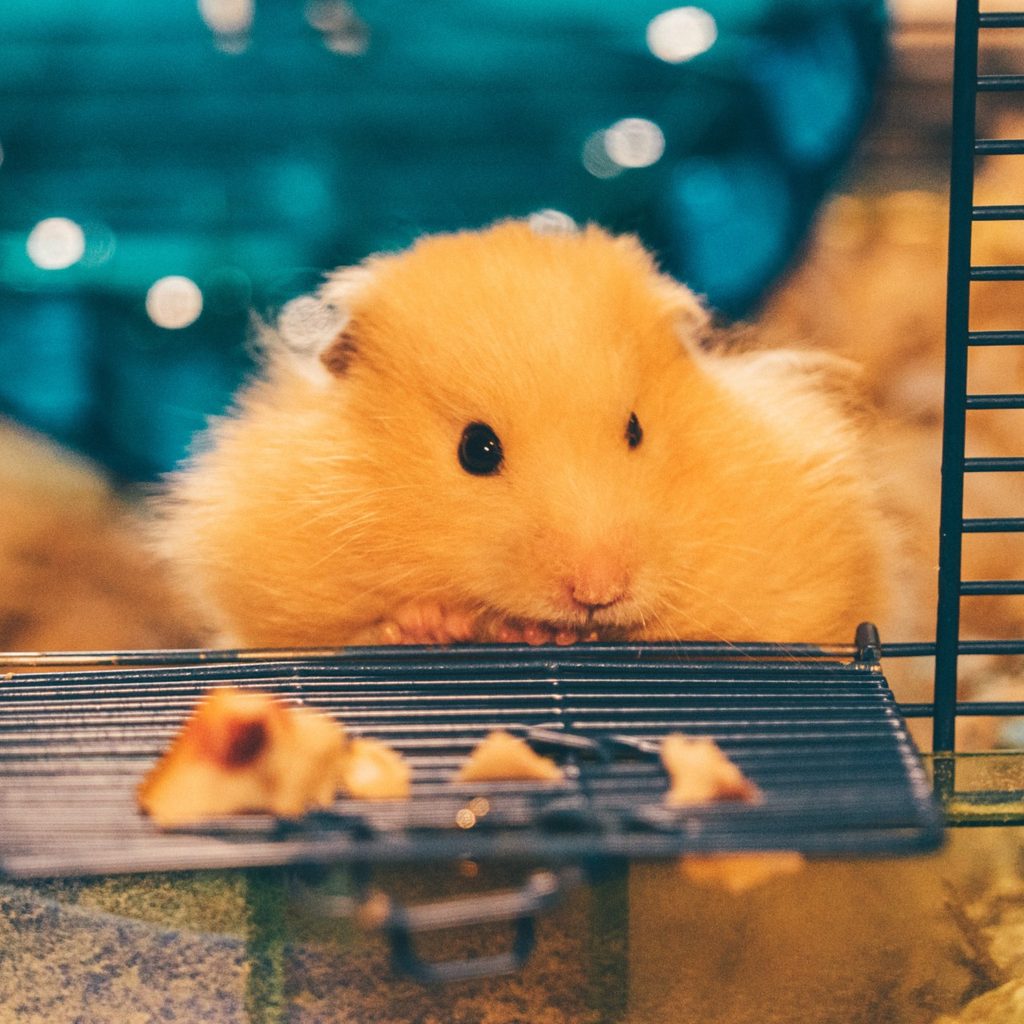If you’re interested in buying a small pet for your kids, the idea of a hamster has probably crossed your mind. However, there are a few things to consider before buying a hamster. Read on to learn about why hamsters aren’t really the best family pet if you have young children.

The hamster lifestyle
Hamsters are essentially nocturnal, meaning they are more active at night than during the day. Knowing what to feed hamsters is pretty important. As pets, hamsters generally eat commercial pet food, supplemented with the occasional vegetable or fruit. They live to be about 2 or 3 years old on average. Hamsters enjoy burrowing, which they do as a form of protection, and need bedding deep enough to burrow in or a hiding spot in their cage. Their teeth constantly grow and are worn down by frequent chewing.
Hamsters and children: The good

Children often love the prospect of getting a furry, small, cute pet. A hamster does fall into this category, and there are some upsides to having a hamster.
Hamsters are small and inexpensive. The cost to purchase a hamster, a cage, toys, and a month’s supply of food averages around $50. These animals won’t take up much room in your house as their cages are typically small enough to fit on a desk or table. They also are relatively easy to care for. Hamsters are quite entertaining to watch. They burrow, run through tunnels, use hamster wheels, and roll around in hamster balls — all behaviors your children will probably find intriguing.
Hamsters and children: The bad

Now that you’ve read the pros of having a hamster, you might be wondering why they don’t make such good family pets after all. They do make good pets but are probably more suitable for older children or adults.
This is because hamsters aren’t usually active at the same time children are awake, meaning they can’t play with their pet as often as they’d like. If awakened from their sleep, hamsters may bite. They also can bite if not handled gently enough, and some hamsters do not like to be handled at all. Rough handling can injure hamsters because they are so small.
Some species of hamsters are naturally territorial and should not be housed together. If disturbed, a female who has given birth may eat her babies. Some hamsters carry dangerous bacteria such as salmonella, which can cause a stomach illness. They can also transmit hantavirus, which causes a respiratory infection. Finally, the short lifespan of a hamster may be hard for a young child to deal with.
Alternatives to hamsters
So, if a hamster doesn’t sound like the right choice for your child right now, here are some good alternatives. Some other rodents are better suited for young children, and easy-to-care-for animals like fish or hermit crabs are always good options.
Guinea pigs are a larger relative of the hamster. They usually live between 5 and 7 years, making them a longer-term commitment. Guinea pigs are more docile than hamsters and are easier for young children to handle without the possibility of injury. They rarely bite, even when stressed. They require a larger cage than hamsters do, and they cannot fit into rodent tunnels or wheels. Guinea pigs are social animals and can be kept in same-sex pairs. Their diet must contain fresh hay and vegetables.
And rats, although not typically thought of as a cute animal, make quite a great pet option for toddlers and small children. Rats are extremely friendly and enjoy being handled if raised properly. They are also social and should be kept in same-sex pairs. Their lifespan is about the same as hamsters or slightly longer. Rats should regularly be taken out of their cages to exercise and be stimulated. Rats can be taught basic tricks.
Hamsters are cute and look cuddly. As we’ve learned, however … they’re really not cuddly. If you want to buy your child a rodent, carefully consider your options before making a choice. A pet that is ideal for your household may not be suitable for another. If you do decide to get a hamster, enjoy your tiny new friend!


